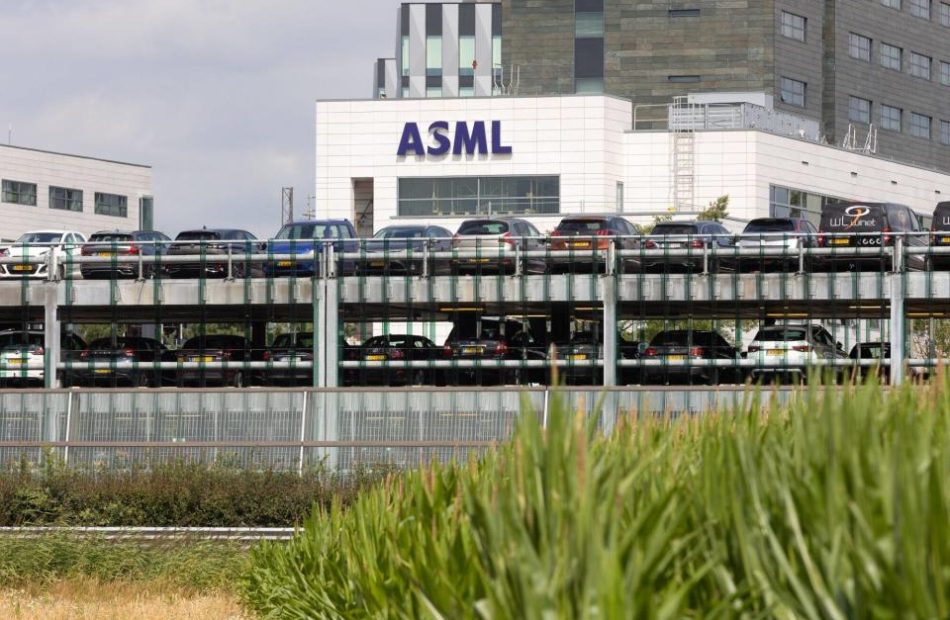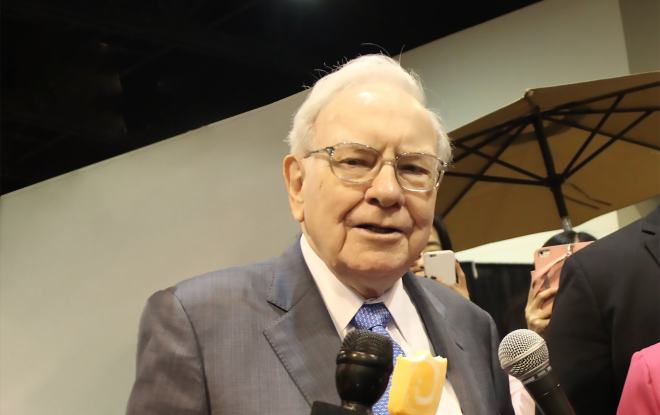China hit hard by new Dutch export controls on ASML chip-making equipment
Mainland semiconductor factories could face significant production challenges, as the Netherlands bans Dutch chip tool giant ASML Holding from servicing some of its most reliable equipment in China, according to industry insiders.
Earlier this month, Dutch foreign trade and development minister Reinette Klever announced a change to the country’s export controls, requiring ASML to apply for licences to sell its 1970i and 1980i immersion deep ultraviolet (DUV) machines to China-based customers.
In addition, ASML is required to apply for a licence to service, as well as provide spare parts and software updates, for immersion lithography systems previously sold to Chinese customers that have since come under restriction, according to a Reuters report, citing a Dutch government statement.
Do you have questions about the biggest topics and trends from around the world? Get the answers with SCMP Knowledge, our new platform of curated content with explainers, FAQs, analyses and infographics brought to you by our award-winning team.
The move is intended to align Dutch rules with tightened US trade restrictions that went into effect last November, targeting China on national security grounds. The curbs by Washington covered the 1970i and 1980i. The Chinese commerce ministry objected to The Hague’s decision.
The ASML headquarters and factory in Veldhoven, Netherlands. Photo: Bloomberg alt=The ASML headquarters and factory in Veldhoven, Netherlands. Photo: Bloomberg>
ASML, which holds a virtual monopoly in the world’s most advanced chip-making tools, said in a statement that the rule change was “technical” and not expected to have any impact on its financial outlook for this year. It declined to comment on the servicing of newly restricted equipment in China when reached by the Post.
Maintenance service is crucial to maintaining good production yields at foundries. Service engineers are required to stand by 24/7 in case of machine failure. In China, the 1980i has become a workhorse for many semiconductor plants due to its versatility, which enables it to cover various manufacturing nodes, according to semiconductor professionals with experience in mainland foundries.
The short-term impact of losing access to servicing could be huge for the Chinese chip industry, according to a person familiar with ASML’s operations, who declined to be named discussing private business matters.
Since ASML entered the Chinese market in 1988, it has installed over 1,000 machines there, including lithography tools and inspection solutions, Shen Bo, the company’s China manager, said in an interview with state-run China Daily in September last year. ASML has not said how many of those machines are covered by Dutch export controls.
Roger Dassen, chief financial officer of ASML, said in a post-earnings conference call in July that the company still had “eyes on the tools” in fabrication plants operated by Chinese customers.
Lithography machines are used for printing circuit patterns onto silicon wafers. Photo: Reuters alt=Lithography machines are used for printing circuit patterns onto silicon wafers. Photo: Reuters>
Still, maintenance is a smaller issue compared to the lack of new advanced lithography machines. Performing maintenance and finding spare parts are relatively less difficult than making lithography systems from scratch, said the source close to ASML.
Mainland China, ASML’s second-largest market by revenue in 2023 after Taiwan, has become the subject of expanding export controls on lithography systems since 2019.
ASML is barred from shipping to China its most advanced EUV systems, necessary for making chips smaller than 7-nanometres, as well as immersion DUV systems, including the 2100i, 2050i, 2000i, 1970i and 1980i, without a Dutch licence.
Current licences tied to blacklisted Chinese companies will no longer be renewed, and future licence applications will be denied, according to Paul Van Gerven, an editor at Dutch tech magazine Bits&Chips. “Should the Dutch start pushing back, the US will most likely introduce additional restrictions of its own.”
The export of dry DUV equipment – older-generation machines that use air instead of water to improve resolution when printing highly complex circuit patterns onto silicon wafers – is unrestricted for now, Van Gerven added.
During the second quarter, ASML’s shipments to mainland Chinese customers totalled 2.35 billion euros (US$2.5 billion), or nearly half of its worldwide systems sales. ASML said in its 2023 annual report that it was only able to fill 50 per cent of orders from China due to a heavy backlog.
This article originally appeared in the South China Morning Post (SCMP), the most authoritative voice reporting on China and Asia for more than a century. For more SCMP stories, please explore the SCMP app or visit the SCMP’s Facebook and Twitter pages. Copyright © 2024 South China Morning Post Publishers Ltd. All rights reserved.
Copyright (c) 2024. South China Morning Post Publishers Ltd. All rights reserved.




Leave a Reply